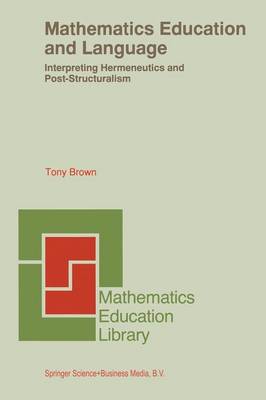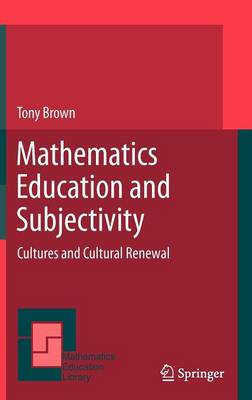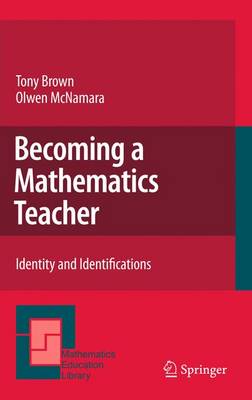Mathematics Education Library
3 primary works
Book 20
Book 51
This book is centrally concerned with how mathematics education is represented and how we understand mathematical teaching and learning with view to changing them. It considers teachers, students and researchers. It explores their mathematical thinking and the concepts that this thought produces. But also how these concepts acquire cultural layers that mediate our apprehension. The book examines some of the linguistic and socio-cultural filters that influence mathematical understanding. But above all it introduces some contemporary theories of human subjectivity, in which subjectivity is seen primarily as consequential to, rather than productive of, our attempts to represent or categorise the world in which we live. That is, our sense of who we are results from our attempts to see ourselves against the various versions of the world that we encounter. Such theories trouble the very notion of mathematical "concepts" as apprehended by "humans". And in foregrounding this concern with subjectivity the book considers mathematics rather differently to styles more familiar in many instances of mathematics education research. The book proposes that mathematics can provoke us to think differently about our world and as a result enable our transformative capacities. Such an orientation may disturb our understanding of what mathematics is, how it exists in an "objective" sense, insofar as mathematical objects can be derived from social filters being applied to the world, but also serve as filters on the world capable of producing new social entities.
Book 53


